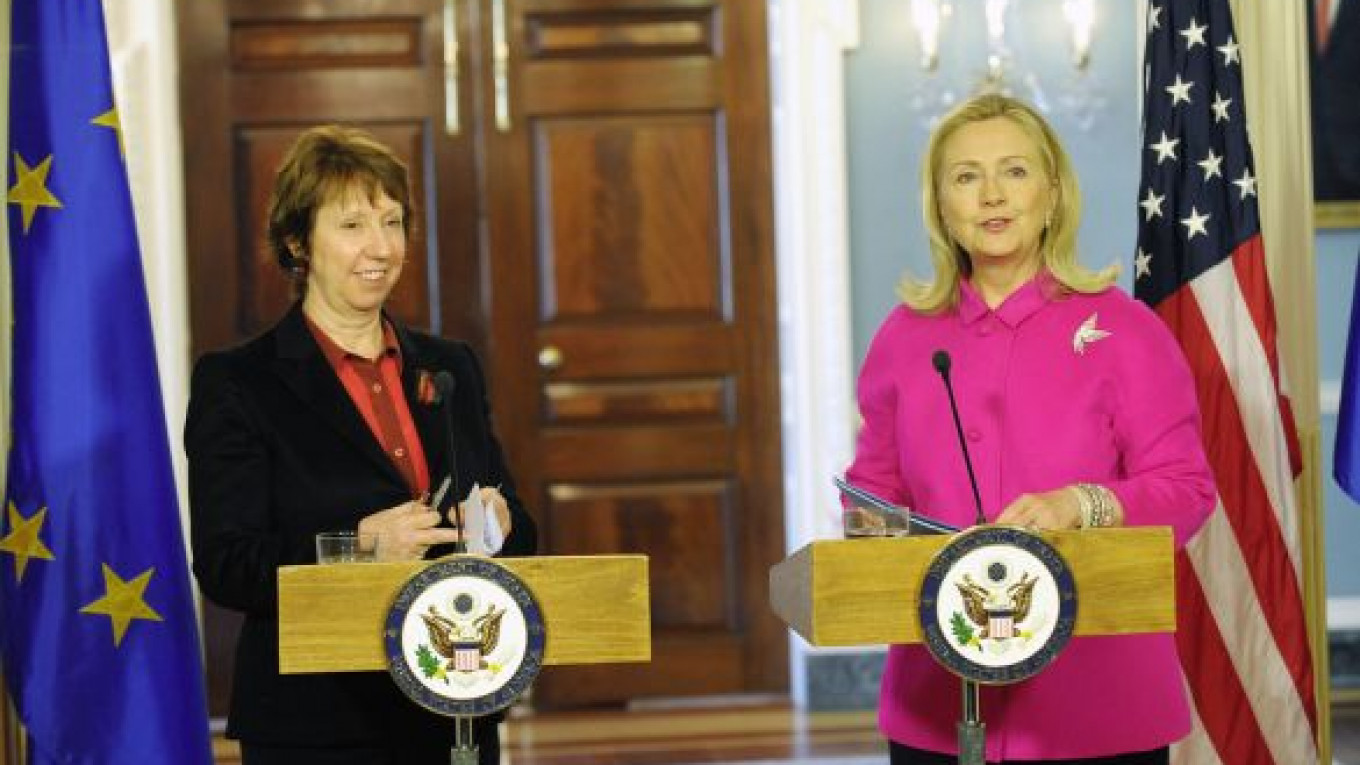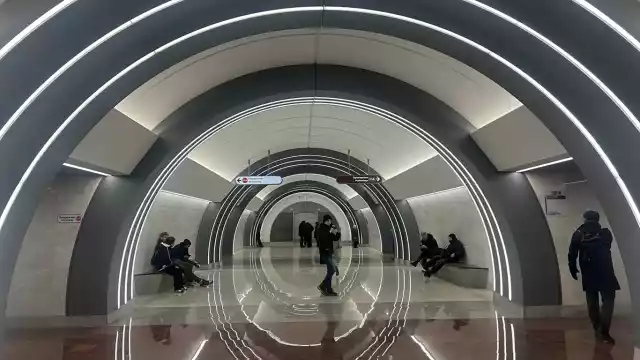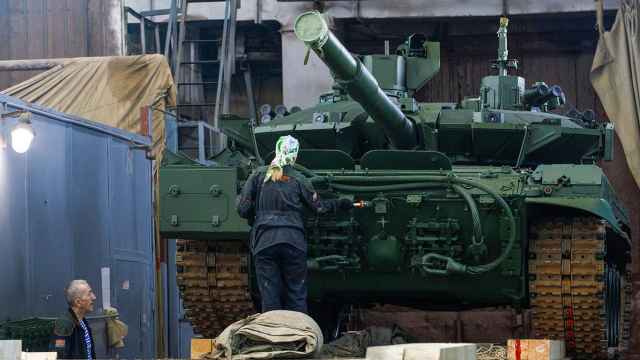BRUSSELS — Iran has agreed to discuss a proposal to curb production of high-grade uranium when the seven negotiating parties meet in Moscow next week, European Union officials said Monday.
Iran's acceptance has the potential to reduce tensions ahead of the talks. The development follows more than two weeks of wrangling between Iranian diplomats and Western negotiators.
Preparations for the talks had produced obstacles and cast doubt over what can be achieved in Moscow.
A tense exchange of letters between EU diplomats, who deal with Iran on behalf of the six powers, and Iranian officials at first appeared to suggest that Tehran may be backtracking on its expressed willingness to discuss their most pressing concern: enrichment of high-grade uranium.
But on Monday, Iran's chief nuclear negotiator, Saeed Jalili, had a one-hour phone conversation with EU foreign policy chief Catherine Ashton and agreed to focus on the six powers' demands.
"The Iranians agreed on the need for Iran to engage on the (six powers') proposals, which address its concerns on the exclusively peaceful nature of the Iranian nuclear program," a spokesman for Ashton said.
Ashton heads talks with Iran on behalf of the six powers: the United States, China, Russia, Germany, France and Britain.
In the immediate term, the group wants Tehran to stop enriching uranium to 20 percent fissile purity, because production of such material represents a major technological advance toward making weapons-grade material.
They put forth a proposal on how to achieve this at a round of talks in Baghdad in May. Under that proposal, Tehran would stop production, close an underground facility where such work is done and ship any stockpile out of the country.
In return, they offered to supply it with fuel for a reactor in Tehran that requires 20 percent uranium and to ease sanctions against the sale of parts for commercial aircraft to Iran.
No agreement was reached in Baghdad, but the seven countries agreed to continue discussions on June 18 and 19 in Moscow.
Tensions flared up soon after the meeting in the Iraqi capital when Iranian officials asked for preparatory meetings with experts.
Negotiators were reluctant to continue without explicit agreement from Tehran that high-grade uranium would be discussed, diplomats said.
In response, Tehran accused the powers of failing to honor agreements reached in previous negotiations and trying to scuttle talks.
But a diplomat with knowledge of the issue said Iran is no longer demanding an experts' meeting.
"They are prepared to go to Moscow and address our proposals," the diplomat said, speaking on condition of anonymity.
A Message from The Moscow Times:
Dear readers,
We are facing unprecedented challenges. Russia's Prosecutor General's Office has designated The Moscow Times as an "undesirable" organization, criminalizing our work and putting our staff at risk of prosecution. This follows our earlier unjust labeling as a "foreign agent."
These actions are direct attempts to silence independent journalism in Russia. The authorities claim our work "discredits the decisions of the Russian leadership." We see things differently: we strive to provide accurate, unbiased reporting on Russia.
We, the journalists of The Moscow Times, refuse to be silenced. But to continue our work, we need your help.
Your support, no matter how small, makes a world of difference. If you can, please support us monthly starting from just $2. It's quick to set up, and every contribution makes a significant impact.
By supporting The Moscow Times, you're defending open, independent journalism in the face of repression. Thank you for standing with us.
Remind me later.






